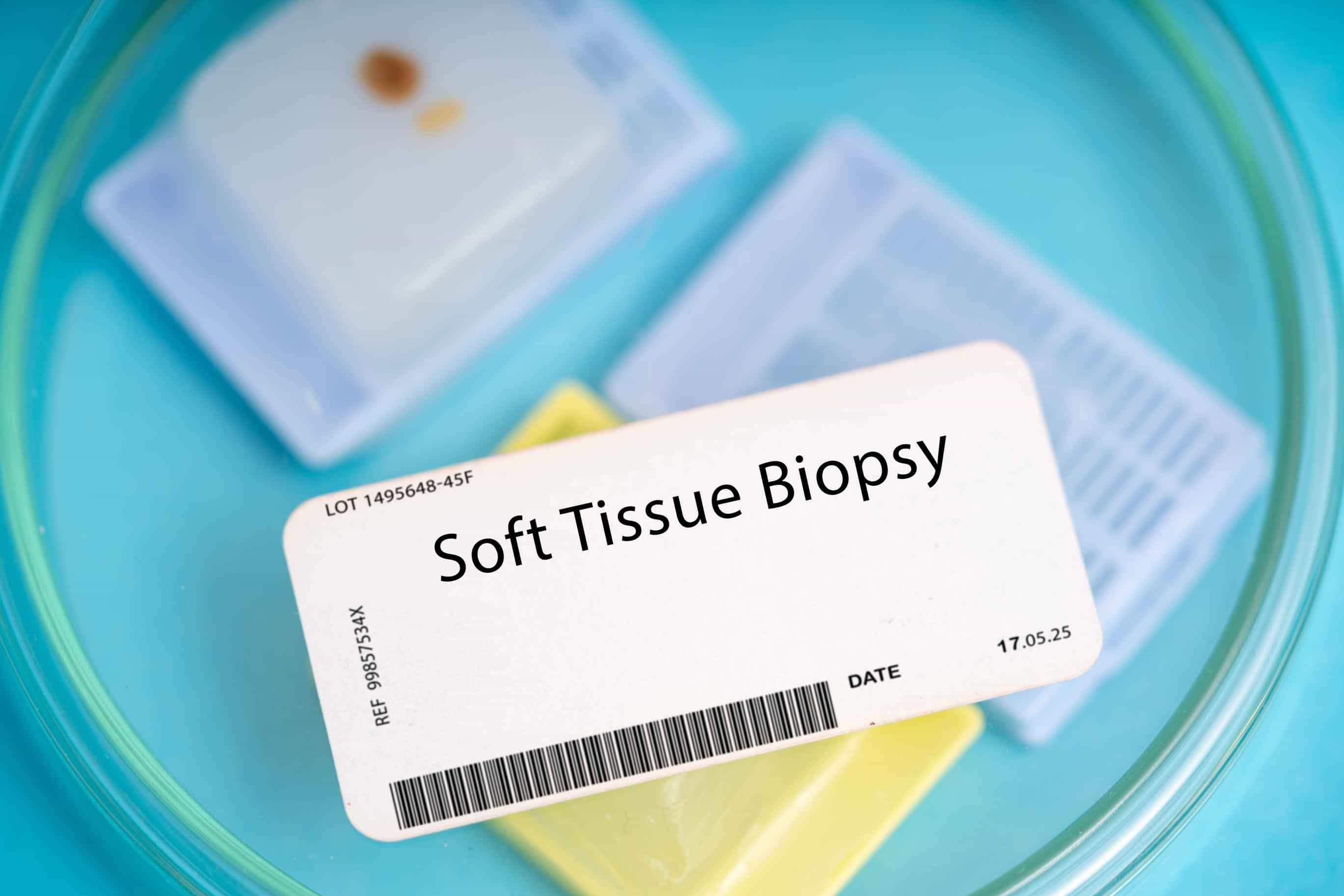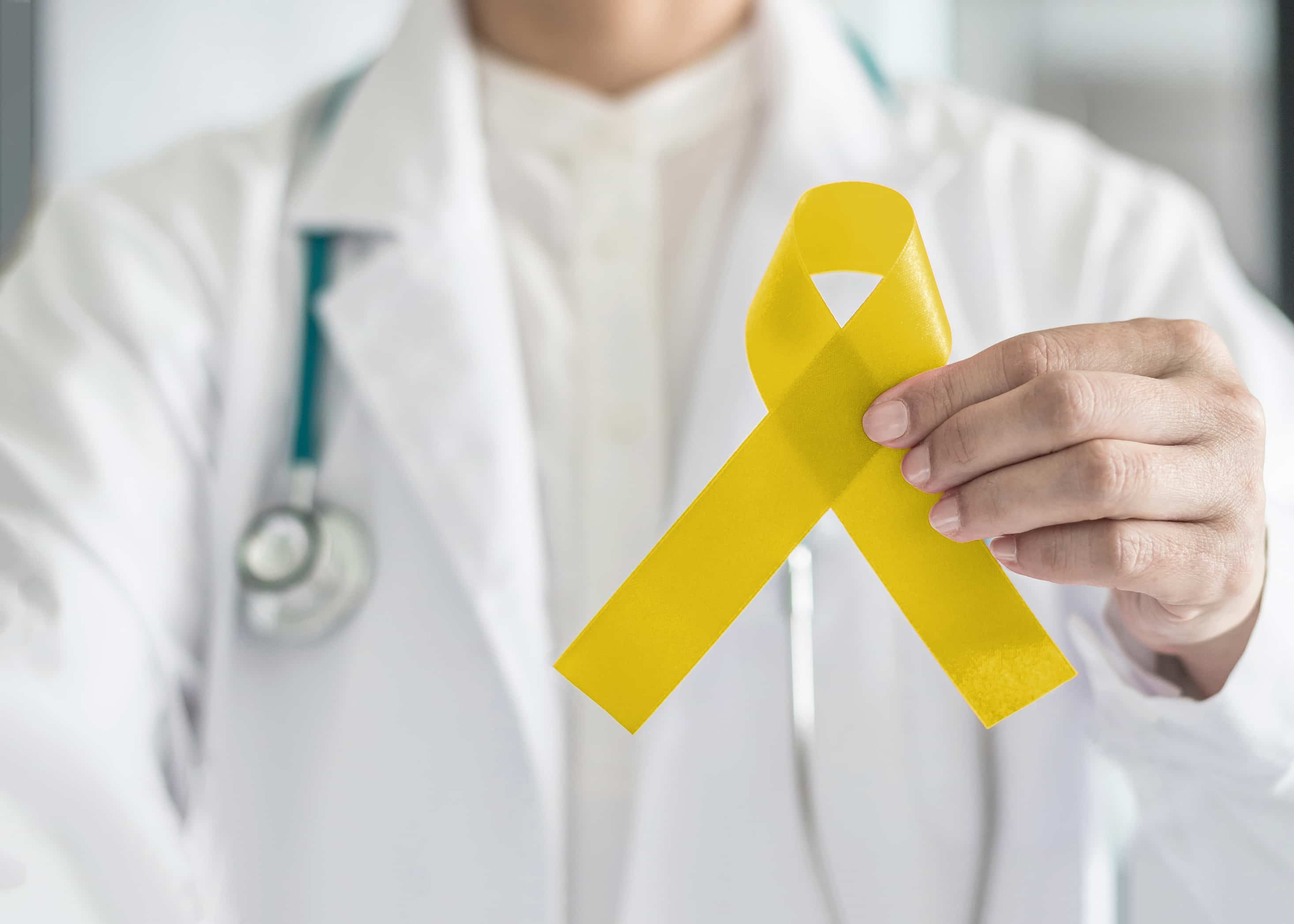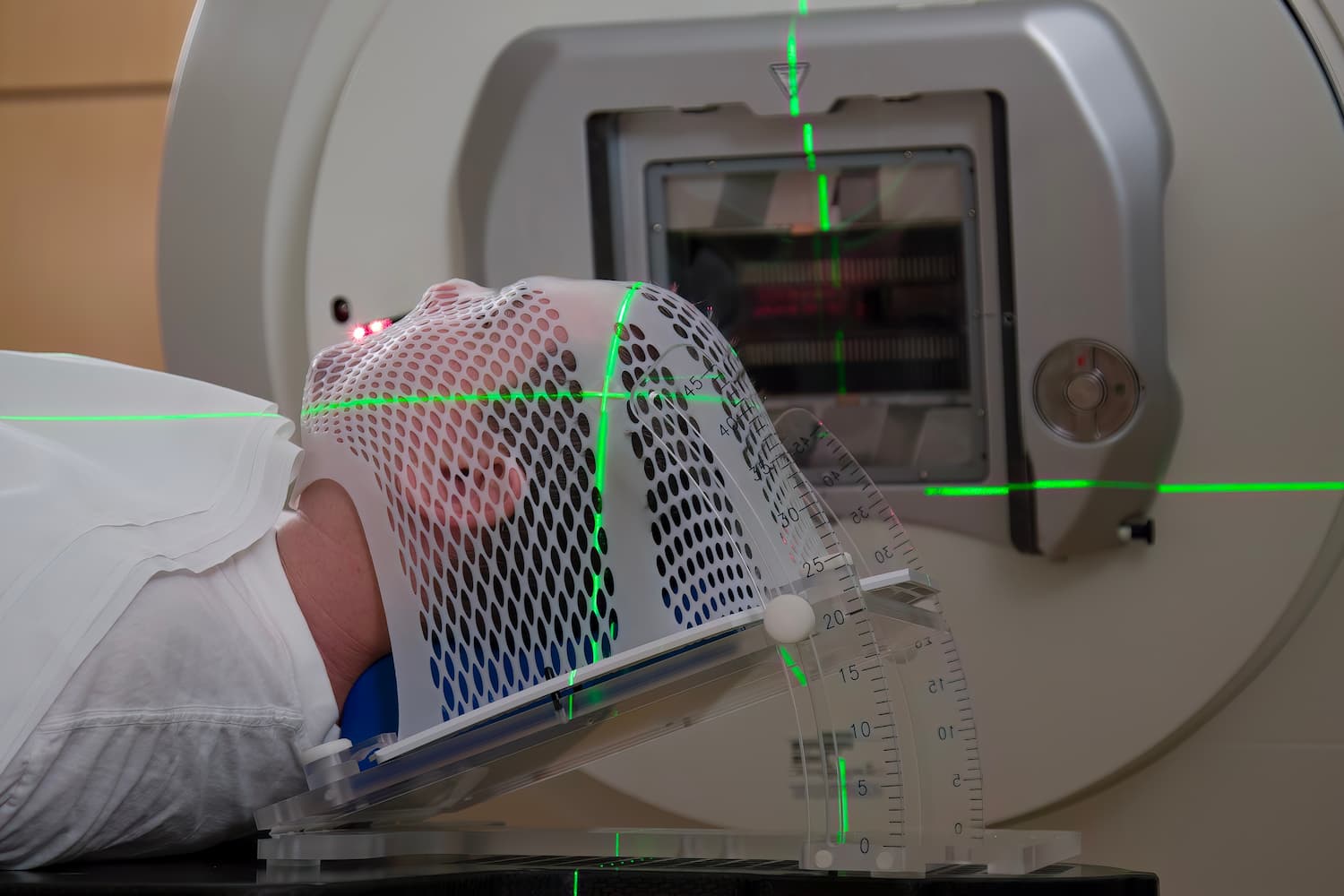
Be Aware of Sarcoma
Sarcoma is a rare form of cancer that can develop in the body’s connective tissues, such as bones, muscles, cartilage, and fat. While it is not as well-known as other types of cancer, it is essential to be aware of sarcoma, its symptoms, and risk factors. In this section, we will discuss why sarcoma is a rare cancer and what steps individuals can take to raise awareness and increase early detection.
Sarcomas are rare forms of cancer that make up less than 1% of all adult cancer diagnoses. However, they can occur in people of any age, including children and adolescents. Sarcomas are often aggressive and can spread quickly to other parts of the body, making early detection and treatment essential for improving survival rates. By increasing awareness of the disease, individuals can help promote early detection and improve outcomes for those diagnosed with sarcoma.
What Is Sarcoma?
Sarcoma is a type of cancer that develops in the body’s connective tissues, such as bones, muscles, cartilage, tendons, fat, and blood vessels. Unlike other types of cancer, which are more common and well-known, sarcomas account for only 1% of all adult cancers and 15% of pediatric cancers. According to the American Cancer Society, approximately 13,000 new cases of sarcoma are diagnosed each year in the United States.
Sarcomas can develop in almost any part of the body, but they are commonly found in the arms, legs, chest, abdomen, and pelvis. The most common types of sarcoma include osteosarcoma, chondrosarcoma, and leiomyosarcoma. These types of sarcomas affect the bones, cartilage, and muscles, respectively.

Sarcoma Symptoms
Sarcoma symptoms can vary depending on the location of the cancer in the body. Some common symptoms of sarcoma include: Pain or swelling near the affected area, a lump or mass that is visible or can be felt under the skin, difficulty moving the affected body part, unexplained weight loss, fatigue or weakness, and fever.
Since these symptoms can also be associated with other medical conditions, it is crucial to speak to a doctor if you experience any of these symptoms for an extended period. Early detection is crucial for the successful treatment of sarcoma.
Risk Factors for Sarcoma
The exact cause of sarcoma is unknown, but certain risk factors can increase the likelihood of developing the disease. These risk factors include:
Genetic disorders: Certain genetic disorders, such as neurofibromatosis, Li-Fraumeni syndrome, and retinoblastoma, can increase the risk of developing sarcoma.
Exposure to radiation: People who have undergone radiation therapy for previous cancer treatment may be at a higher risk of developing sarcoma.
Age: Sarcoma can affect people of any age, but it is more commonly diagnosed in people between the ages of 10 and 30.
Gender: Some types of sarcoma, such as leiomyosarcoma, are more common in women than in men.
Environmental factors: Exposure to certain chemicals or substances, such as vinyl chloride or arsenic, may increase the risk of developing sarcoma.
Diagnosis and Treatment of Sarcoma
Diagnosis and treatment of sarcoma can be complex and require a team of healthcare professionals, including oncologists, radiologists, and surgeons. A proper diagnosis is essential for determining the best course of treatment and improving the chances of successful outcomes. In this section, we will discuss the diagnostic tools commonly used to detect sarcoma and the treatment options available to patients.
The first step in diagnosing sarcoma is typically a physical exam and medical history review. Doctors may also order imaging tests, such as X-rays, CT scans, MRI scans, or PET scans, to get a better understanding of the cancer’s size, location, and extent. A biopsy is often required to confirm the presence of sarcoma. During a biopsy, a small sample of tissue is removed from the affected area and analyzed under a microscope to identify cancer cells.
Once a diagnosis of sarcoma is confirmed, a personalized treatment plan can be developed based on the type, stage, and location of the cancer, as well as the patient’s overall health. Treatment options may include surgery, radiation therapy, chemotherapy, or a combination of these methods. The goal of treatment is to remove the cancer and prevent its spread to other parts of the body. Patients may also receive supportive care to manage symptoms and improve their quality of life.
The Study of Be Aware of Sarcoma
In a recent study published in the Journal of Oncology Research, researchers conducted a retrospective analysis of sarcoma patients to assess the impact of early detection and treatment on survival rates. The study included a diverse group of sarcoma patients, and the results revealed that those who were diagnosed and treated at an earlier stage of the disease had significantly improved survival rates compared to those with late-stage diagnoses. The study underscored the importance of awareness and early detection, emphasizing that early intervention can lead to better outcomes for individuals with sarcoma.
Be Aware of Sarcoma Survival Rate
The survival rate for sarcoma can vary depending on the type and stage of the cancer, as well as the patient’s age and overall health. According to the American Cancer Society, the 5-year survival rate for all sarcoma types is around 66%. However, this number can vary significantly based on individual factors, such as the size and location of the tumor, the extent of the cancer’s spread, and the effectiveness of treatment.
Overall, early detection and treatment are essential for improving the chances of surviving sarcoma. People who have been diagnosed with sarcoma should work closely with their healthcare team to develop a personalized treatment plan and follow up with regular medical appointments to monitor their health.
Conclusion
Sarcoma is a rare form of cancer that can develop in almost any part of the body’s connective tissues. While it is not as well-known as other types of cancer, it is crucial to be aware of sarcoma, its symptoms, and risk factors. Early detection and treatment are essential for improving the chances of survival, and anyone who experiences symptoms of sarcoma should speak with a doctor as soon as possible.
If you or a loved one has been diagnosed with sarcoma, it is essential to seek support and guidance from healthcare professionals, family, and friends. While the journey may be challenging, there are resources and treatments available to help manage the disease and improve quality of life.
In summary, sarcoma is a rare cancer that can affect anyone, and it is crucial to be aware of sarcoma, its symptoms, and risk factors. If you experience any of the symptoms associated with sarcoma, speak with a doctor at Healthy Türkiye as soon as possible to increase the chances of successful treatment and recovery.




